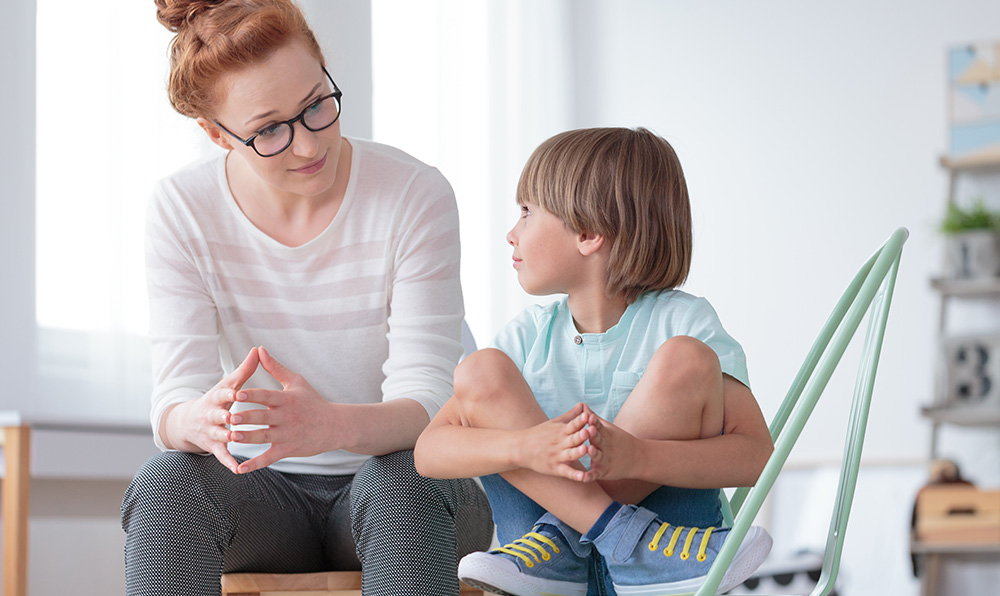
Having difficult conversations with children
How can you talk to your children about the likes of coronavirus and other life-changing events? Harriet Waley-Cohen, body positivity and self-esteem coach, has some tips
The two most difficult conversations I’ve had with my children were telling them that their father and I were divorcing in 2013 when they were 4 and 7, and then in 2018 that I had breast cancer. Both times, although it was painful and difficult, the end result was ultimately positive for them…
Things to consider when talking to your children about challenging news:
1 Deal with your emotions first, so that you can have a calm conversation and be there for the children. If you are scared, crying and desperately upset, they will assume that this is how they should respond as well. They are looking to you for cues for how they should behave, and your anxiety will fuel theirs. If you are really emotional, it will also make it harder for you to be present for them, answer their questions and be the voice of reassurance and safety that they will need.
2 Make sure the explanation is age appropriate and factual. With telling the children about our divorce, my ex-husband and I made sure to not overcomplicate things or bring unnecessary details into it. We also made sure the children knew it wasn’t their fault, and also that there was nothing they could do to ‘fix’ things.
3 Children want to know what will happen next and how they will be affected. They want practical details and to know how their routines will change. With the cancer, I waited until I had more answers than questions; all the tests, medical decisions and practical things had been ironed out already. This was greatly reassuring for them. With Covid 19 lockdown, get them to help design a family timetable. Explain how isolation works and why they are helping so much by joining in.
4 Before you end the conversation, allow time for the news to be absorbed before questions come up. Make space for questions and answer them as honestly and calmly as possible. Openness fosters trust and deeper connection.
5 Make sure the children know that they can come to you with questions or worries that come up later. Trust that they will do that, and do not ask them too often how they are. Keeping on asking them whether they’re worried could sow the seed in their mind that they should be worried, which adds an extra layer of confusion to the situation.
6 Consider taking the children out of their home environment to a park to have the conversation. Once you’ve finished talking, you can leave it behind and go back to the normal environment of home. You can always return to the same place if you need to talk more.
7 Talk through the positives, even of bad news. ‘This means we won’t have to get up so early, no more horrible school lunches, and you can play with the dog whenever you want.’
8 Present a team spirit: we will get through this together, and we are all here for each other.






